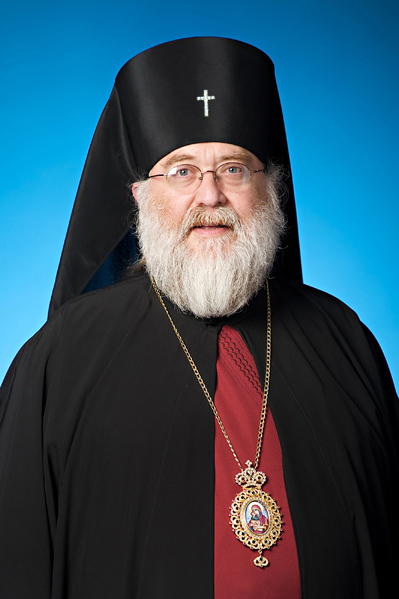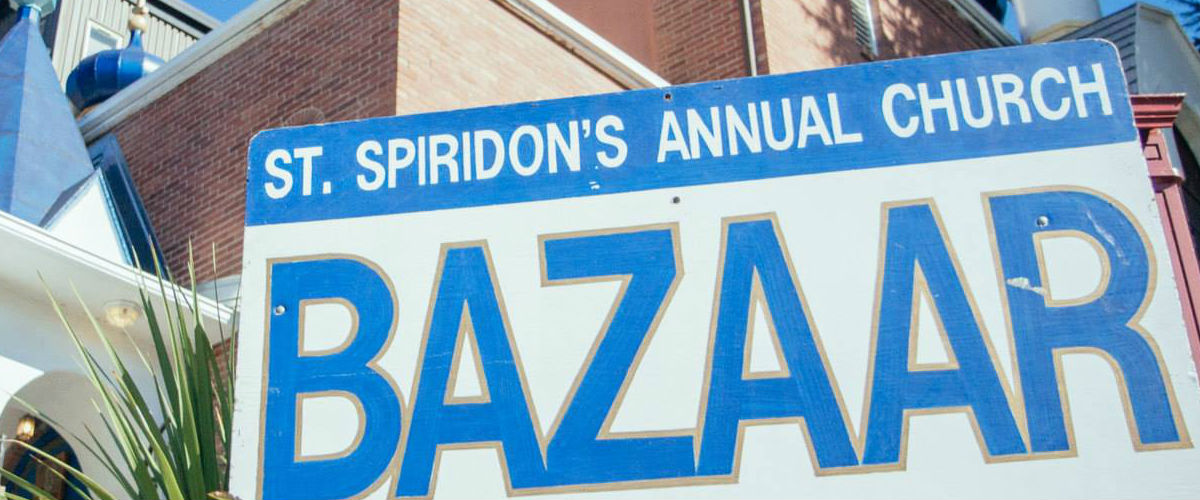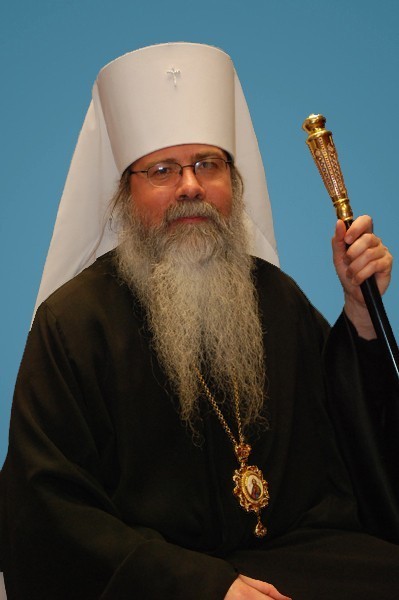To the Reverend Clergy and Faithful of the Diocese of the West,
For if you forgive men their trespasses, your heavenly Father will also forgive you.But if you do not forgive men their trespasses, neither will your Father forgive your trespasses.Moreover, when you fast, do not be like the hypocrites, with a sad countenance. For they disfigure their faces that they may appear to men to be fasting. Assuredly, I say to you, they have their reward.But you, when you fast, anoint your head and wash your face,so that you do not appear to men to be fasting, but to your Father who is in the secret place; and your Father who sees in secret will reward you openly. Do not lay up for yourselves treasures on earth, where moth and rust destroy and where thieves break in and steal;but lay up for yourselves treasures in heaven, where neither moth nor rust destroys and where thieves do not break in and steal. For where your treasure is, there your heart will be also.
(Matthew 6:14-21, Gospel Reading for Cheesefare Sunday)
Dearly beloved:
Moments before the Great Fast begins, the preparatory Sunday lessons given to us by the Church culminate in a short, simple, yet powerful, message. All the Sundays before Lent point to something outside of the self. Zacchaeus set aside not only his own desires, but also the “reputation” imposed on him as a tax collector. He defends himself by noting his charity to others and transforms his desires into a desire to see and be with the Lord. The Publican can’t even look up to the Lord, but empties himself in humility. The Prodigal Son “comes to himself” and finds that his real self is found in serving his father and others and returns to the bosom of his father. The Great Judgment is given to us and in that parable the Lord Himself reminds us that salvation is found in caring for not only the “other,” but the least of the others.
But the final lesson is three-fold: first, in a very stark, black and white way, He simply states that if we can’t forgive each other, the Father will not forgive our own sins and trespasses. He never preached a “quid pro quo” relationship to Him and the Father. But He does here. As we enter into the Fast, we bow down before each other in mutual forgiveness, imaging God Himself. Then He reminds us that fasting can be done in an egotistical manner, displaying our efforts for others to see. He commands us to fast in secret, and our reward will be given generously and not in secret by the Father Himself. Finally, He reminds us that life itself, in pursuit of salvation, is a journey to seek rewards not given here on earth, but given in heaven. If our hearts have been given over to treasures “here,” we will find nothing “there.”
As we begin our own lenten efforts, let us begin by taking all of these lessons to heart. Although we are called to individual efforts, and those efforts are meant to be the fuel of our journey to heaven itself, we can never find complete solace in those efforts. Rather, we begin by acknowledging our weak efforts, then leaning on each other in prayer, almsgiving, repentance, and worship. I begin with forgiveness because I need forgiveness. I begin my fast with the understanding that I am weak in desire for the Lord, I am weak in humility, I am wallowing around in the pigsty of my sins and filth, and I am sick, thirsty, naked, imprisoned by my own sins, and a stranger to those whom I should love. When I realize all that, I can’t help but weep for my sins, fast, repent, and forgive any and every one whom the Lord brings into my life.
I ask your forgiveness as we enter the Fast. I pray for each of you. I wish for all my faithful parishes and each and every one of you a most fruitful and joyous journey through these most holy days. May we all arrive and rejoice in the celebration of the Lord’s Resurrection!




